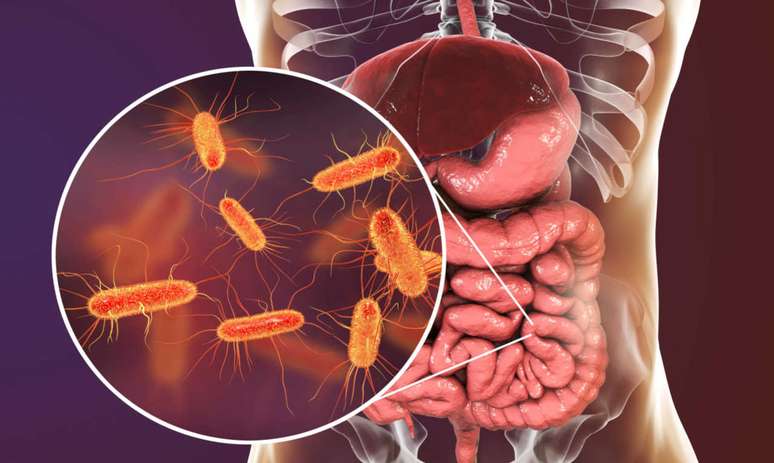A study by the University of Helsinki has shown that a bacterium present in the intestine may be the main cause of Parkinson’s disease
Parkinson’s is a neurodegenerative disease that affects millions of people around the world. The condition can significantly impair patients’ quality of life. This is because it causes stiffness, tremors and difficulty moving and other symptoms that limit independence and the ability to carry out daily activities. While there is no known cure, advances in medicine have allowed for better control of symptoms.
html[data-range=”xlarge”] figure image img.img-a49ba2887ce73614d23084be87520f225oa9l4j4 { width: 774px; height: 463px; }HTML[data-range=”large”] figure image img.img-a49ba2887ce73614d23084be87520f225oa9l4j4 { width: 548px; height: 328px; }HTML[data-range=”small”] image figure img.img-a49ba2887ce73614d23084be87520f225oa9l4j4, html[data-range=”medium”] figure image img.img-a49ba2887ce73614d23084be87520f225oa9l4j4 { width: 564px; height: 337px; }
For example, a new discovery could change the way science views the development of Parkinson’s disease. Gut bacteria could be one of the causes of Parkinson’s disease, according to a new study conducted by a group of researchers at the University of Helsinki in Finland and published in the scientific journal Frontiers in Cellular and Infection Microbiology.
The study collected stool samples from 10 Parkinson’s patients and 10 healthy people (their respective partners). Next, the team isolated a group of bacteria called Desulfovibrio from this feces. Then, he used these bacteria to feed a worm and assessed whether there would be a buildup of protein inside them. That is, alpha synuclein, the defective form of which is linked to Parkinson’s disease.
Finally, it was found that worms that fed on bacteria from people with Parkinson’s developed this accumulation to a greater extent than worms that fed on bacteria from people without Parkinson’s. Furthermore, the researchers observed that the first worms died more than the last ones.
Advantages of discovery
According to Parkinson’s neurosurgeon Dr. Bruno Burjaili, research that seeks to better understand the onset of Parkinson’s disease helps better direct the development of techniques that seek to prevent, diagnose and treat the disease.
“The results of the study suggest that this bacterium, in people with Parkinson’s disease, could be one of the factors responsible for the accumulation of the defective protein that we already know is related to the problem. It remains to be seen whether these results can be confirmed and better detailed by others studies, so we can clarify whether, in practice, attacking these bacteria will help fight the disease, and how to do it,” explains Bruno.
Source: Terra
Ben Stock is a lifestyle journalist and author at Gossipify. He writes about topics such as health, wellness, travel, food and home decor. He provides practical advice and inspiration to improve well-being, keeps readers up to date with latest lifestyle news and trends, known for his engaging writing style, in-depth analysis and unique perspectives.








